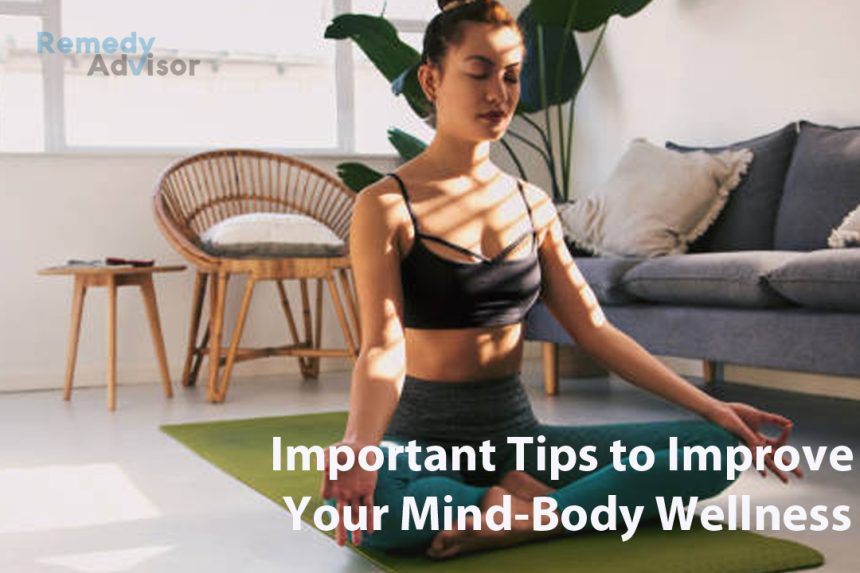What’s the most powerful healing tool you can find? Your brain. While drugs are usually used to treat an existing medical condition, mind/body techniques may be more effective than medication in preventing some medical problems. They are also less expensive, safer and have longer lasting benefits than medication.
Positive thinking
People with an optimistic, confident attitude are healthier than others. Optimism boosts the immune system, increases longevity, reduces symptoms of illness and improves the outcome of surgery.
To think more positively
Track your thoughts in different situations by writing down what is bothering you, what physical symptoms you feel and what negative thoughts are passing through your mind.
Think about how realistic your pessimistic reactions are and write down some alternative, more positive responses.
Focus on what you have, not what you lack. Think of the good things in your life family, friends, and enjoyable pastimes.
Inventory your talents, skills, achievements and positive qualities big and small. When something goes wrong, put your disappointment in perspective by consulting your list of “positives.”
Laughter is key
A hearty laugh gives a good “workout” to your face, shoulders, diaphragm and abdomen and sometimes even your arms and legs. This “inner jogging” burns calories at the same rate as brisk walking. It reduces your susceptibility to pain; curbs stress and boosts the immune system.
Harness the health benefits of humor
Seek out funny movies, books and comedians, look at the cartoons in books and magazines cut out those that particularly amuse you and post them where you can see them tell your favorite jokes to other people and listen to theirs.
When something happens that inconveniences you, don’t get mad get funny.
Sensory stimulation
Sensory pleasures reduce stress; anxiety and depression, lower blood pressure, decrease pain and enhance immune function. To increase your sensory enjoyment
- Touch. Warm your hands by rubbing them together rapidly, then cup them over your eyes.
- Sight. Get a small aquarium with tropical fish. Watching fish for 20 minutes has been shown to reduce blood pressure.
- Hearing. Learn to play a musical instrument, join a singing group or exercise in time to music.
- Taste. Pay close attention to the flavors and aromas of your food. If you savor each bite, you will eat less and enjoy it more.
Better communication
Communicating poorly can make you feel defensive, hostile and/or frustrated. Effective communication makes you feel in control of events and connected to other people. Communication secrets…
• Listen well
If what someone tells you is unclear, ask friendly questions to clarify it. Paraphrase but don’t parrot his/her statements back to him. Listen attentively to understand the feelings that underlie his words. Let him know that you understand his feelings.
• Watch your body language
Make sure that it matches your words.
• Be assertive, not passive or aggressive
Passivity implies that you feel weak and inferior, leading you to bottle up anger, resentment and hurt. Aggressive responses imply that you feel superior and may produce retaliatory and defensive reactions.
Assertive responses convey the attitude that while you and the other person may differ, you are equally entitled to express yourselves. This makes it easier to resolve problems.
To be assertive: Explain how you see the situation as objectively as you can state your opinions and your feelings about the subject, without blaming the other person for making you feel that way. State requests clearly and specifically. Look for win-win outcomes.
Helping others
Doing well not only makes you feel better it also keeps you healthier. Excessive concern with your own comfort leads to depression, poor health and a life with little meaning. People involved in helping others form stronger social ties. That has a positive effect on health.
A recent study of 3,300 volunteers found that 95% of them felt that personally helping other people provided an immediately pleasurable sensation the so-called “helper’s high.” This is sudden warmth, a surge of energy and a feeling of euphoria immediately after helping.
Ninety percent said they were healthier than other people their own age. Many reported fewer colds, headaches and backaches and improved eating and sleeping habits.







